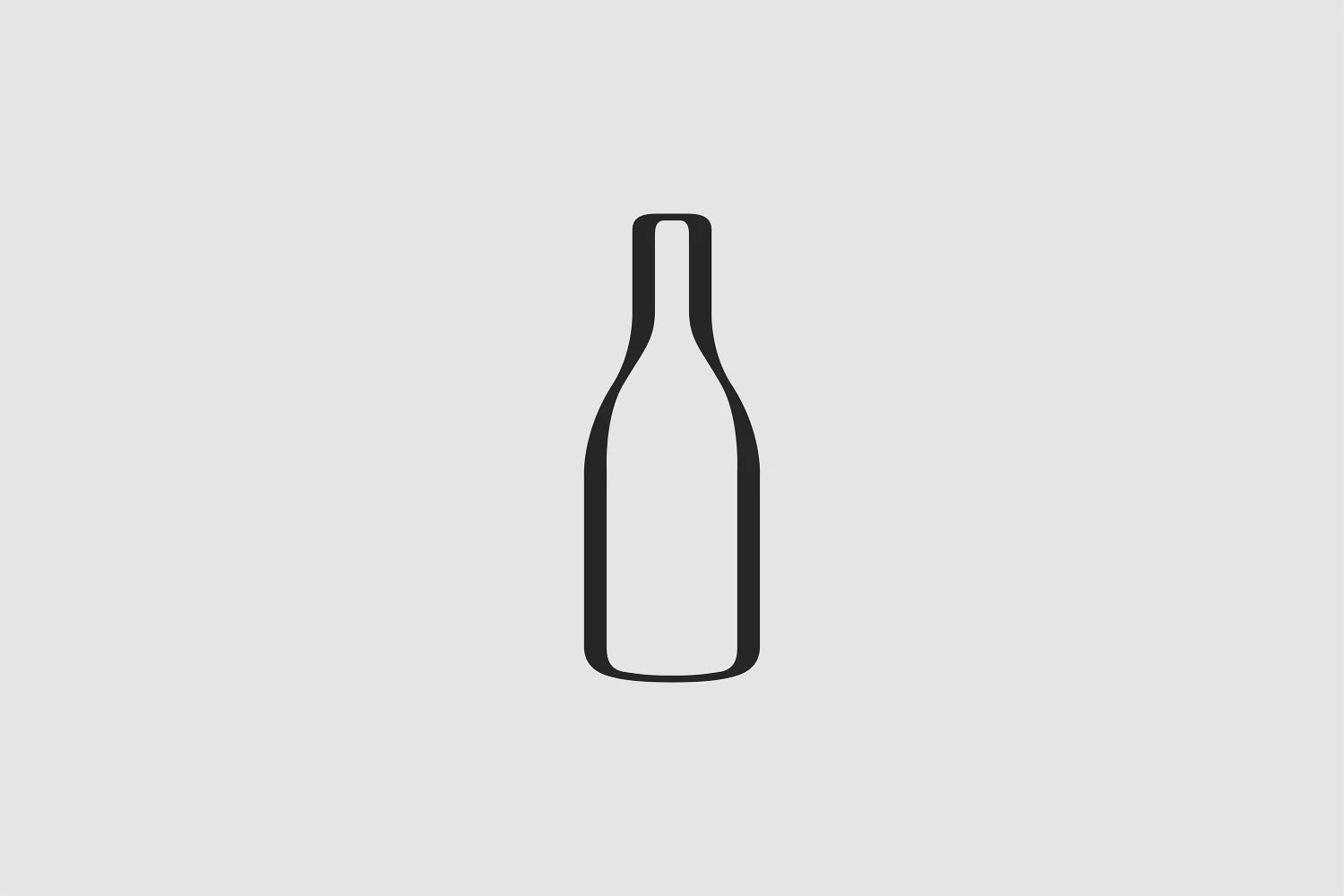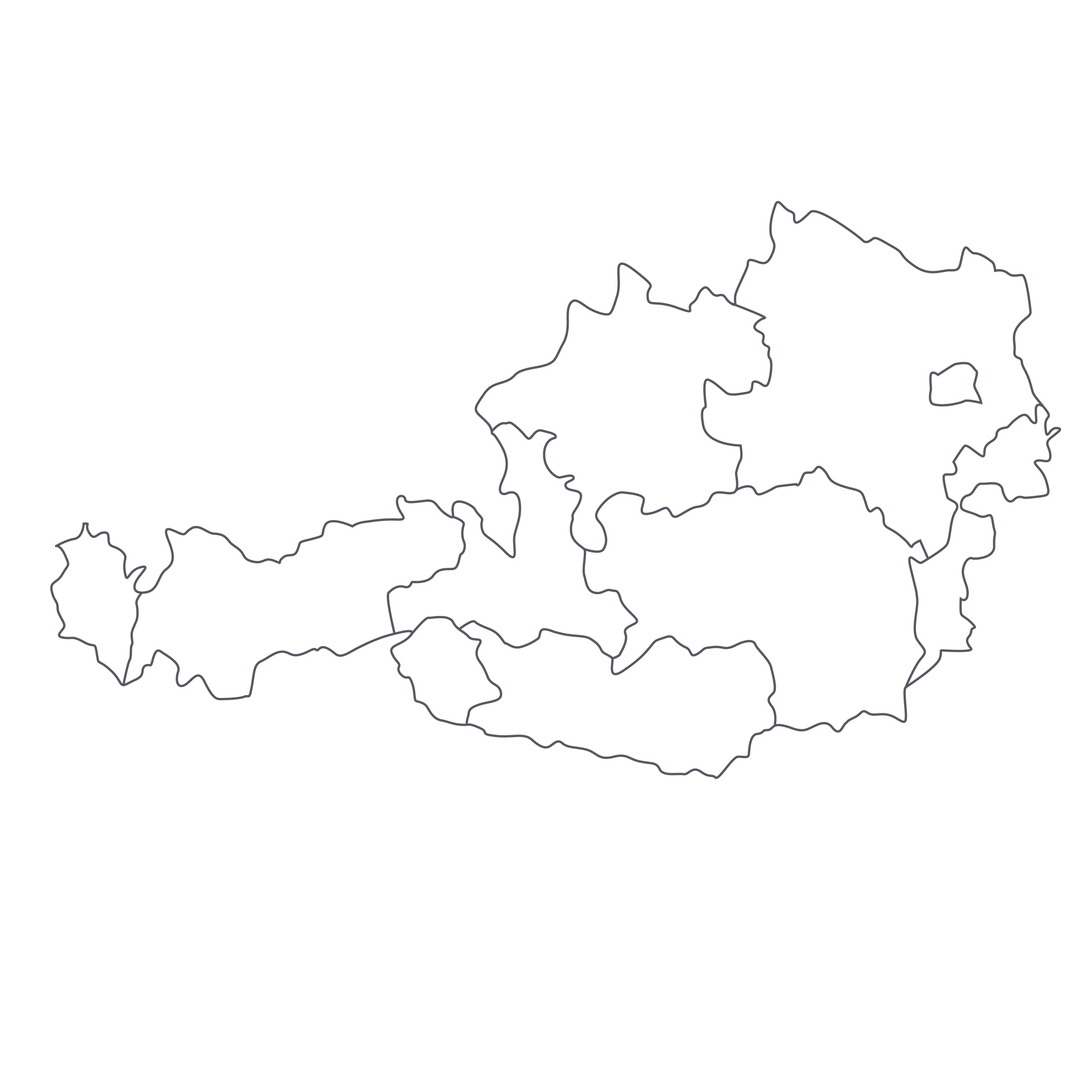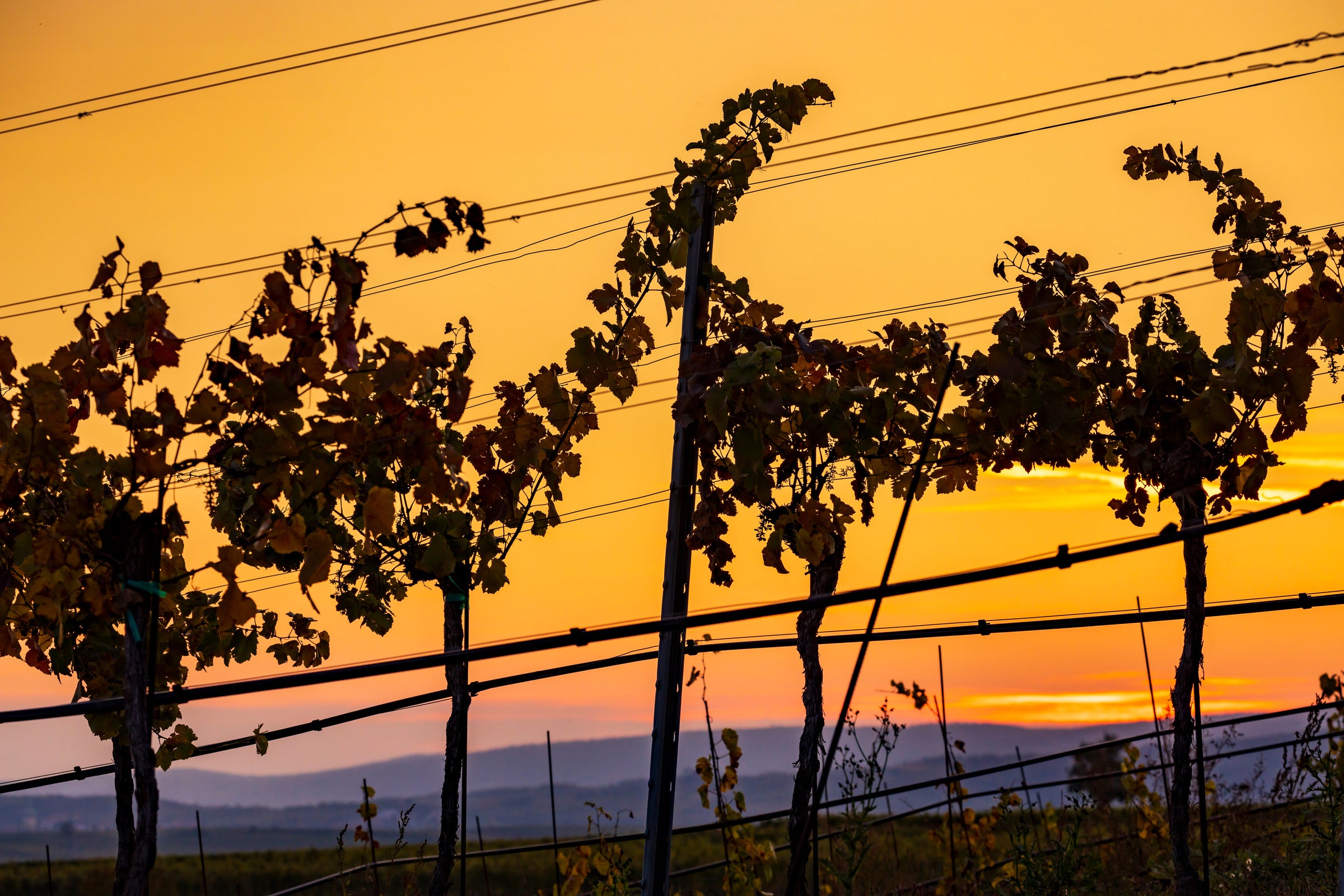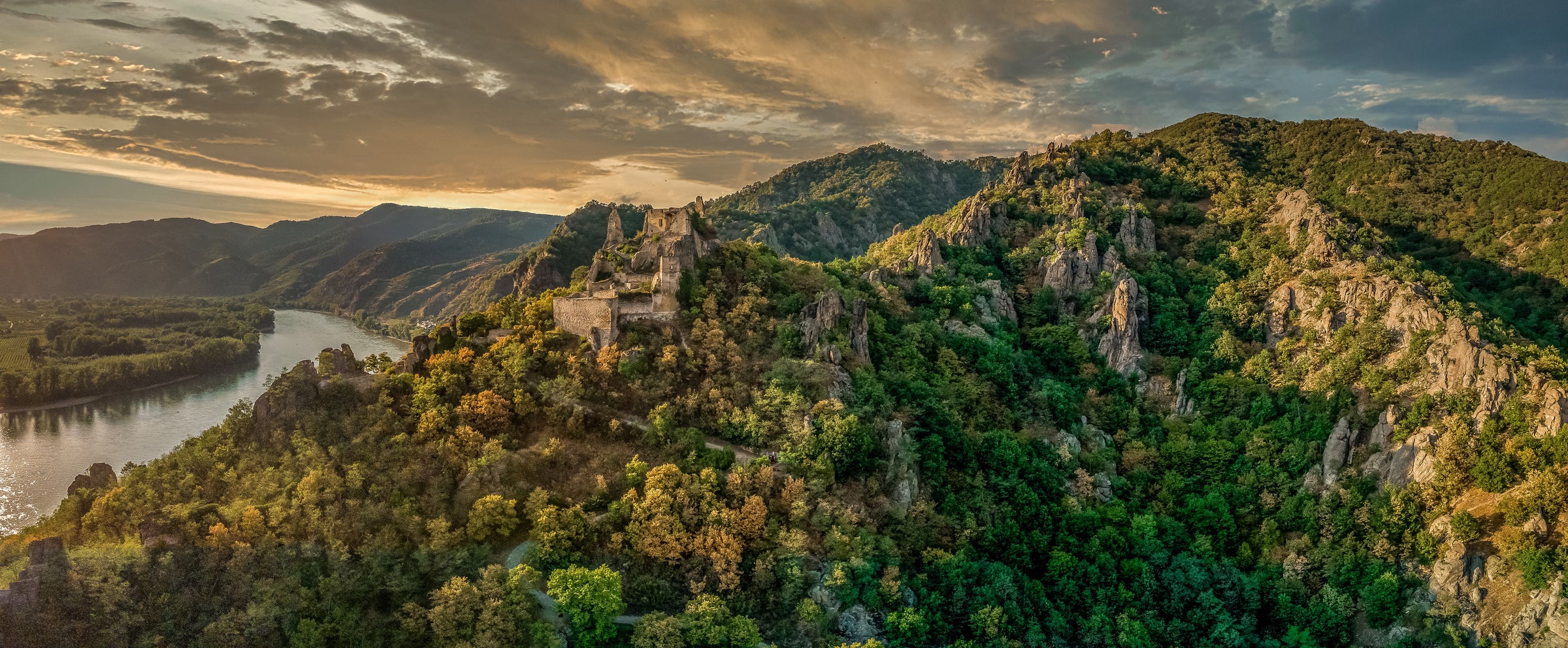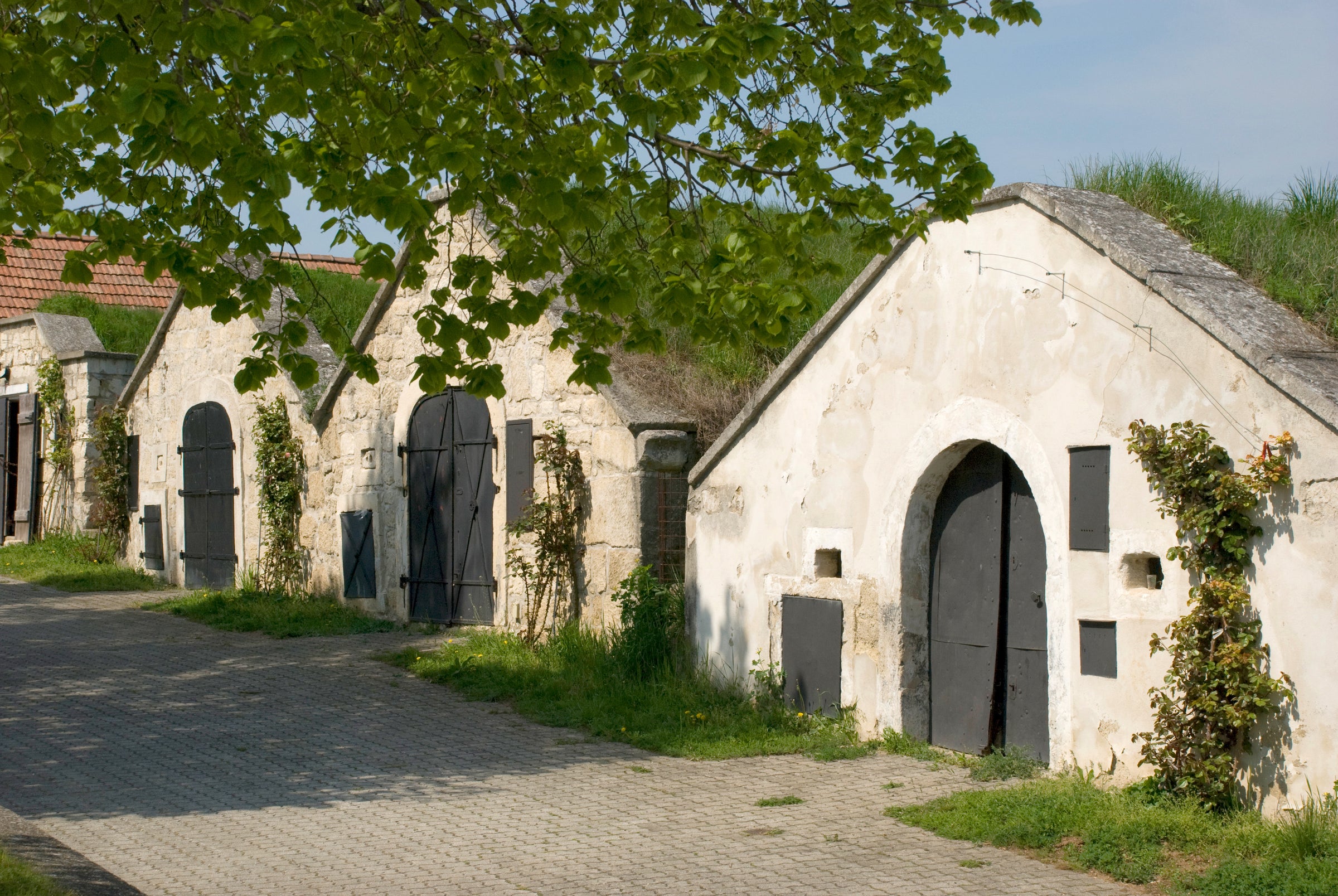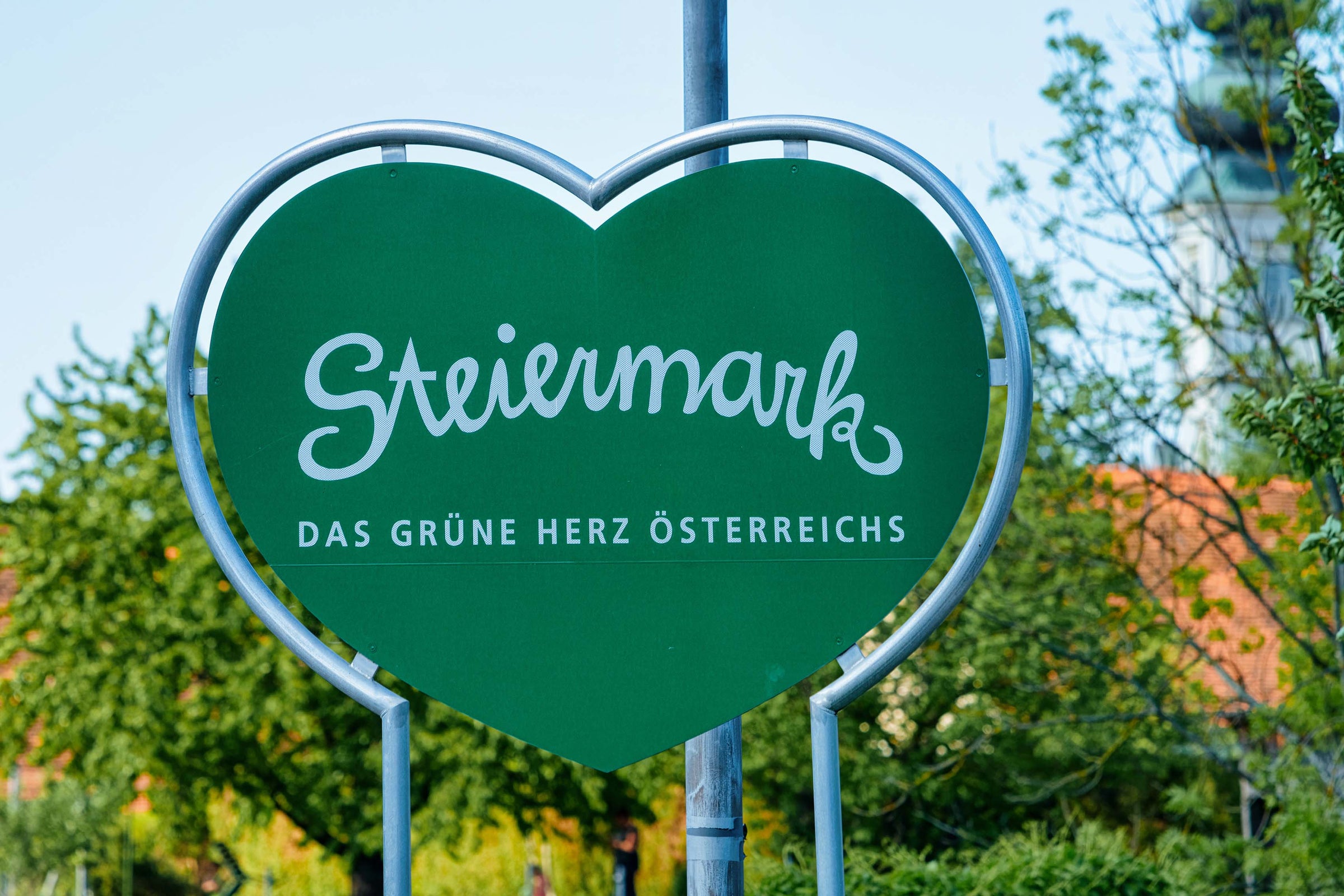Let’s be realistic: When it comes to organic fine wine from a classic region/grape/producer, $20 hardly stretches beyond the delicious BTG options at a trendy wine bar. And, if it’s an entire bottle you’re seeking, the ensuing scavenger hunt will render you exhausted because traditional wine boasting rock-bottom prices and sky-high levels of quality unfortunately no longer exist. At least, that’s what I was telling people up until a few weeks ago, when I discovered what could possibly be the greatest bang-for-your-buck offer in our six years of wine hunting.
Today’s supersized
liter of organic Grüner Veltliner hails from a generations- and centuries-deep family in Langenlois, the epicenter of world-renowned Kamptal. It is here where you’ll find the humble Rosner family naturally farming their small holdings in the midst of legends like Bründlymayer, Hirsch, Loimer, Edelbauer, Weszeli, i.e. some of the finest names to ever grace the Austrian wine landscape. But, if we’re talking value per dollar, I’m looking right past them and focusing all of my energy on Stefan Rosner. Organic, classically crafted Grüner from a time-honored artisan in one of the world’s elite wine regions—and it’s delivered to you in a liter format? For $20? Simply unbelievable. One final note: We exclusively worked with a boutique importer for this small parcel, who arranged for direct transport from Rosner’s cellar to our back door, meaning you won’t find this screaming value anywhere else. Load up while you can because a deal such as this scarcely ever presents itself.
The Holy Trinity of Austrian white wine regions—Wachau, Kremstal, and Kamptal—are synonymous with two noble white grapes: Grüner Veltliner, which is often planted in areas rich in loess (wind-blown silt). Given the lineup of superstar producers I listed above, it may be redundant to say that this is home to many of my all-time favorite Grüners which manifest the same emotional, jaw-dropping sensations that also lie within the great wines of Wachau and Kremstal.
If somehow, despite all our exhortations over the years, you are unfamiliar with the crystalline brilliance of Grüner from Austria’s loess soils, let Rosner be your guiding force and revelatory moment. To us, this is one of those essential bottlings, fundamental to one’s understanding of the dazzling mineral presence and sheer deliciousness of Grüner Veltliner. And who better to show you than a family estate that has been in the same hands since 1897 (form the same cellar, too!). As for their current landscape of wine, it wouldn’t be possible without father-son team Norbert and Stefan Rosner, the latter of which recently came on board after completing degrees in both business and enology. It’s no stretch to say that Stefan is a rapidly rising star on the already-buzzing Austrian wine scene.
Stefan notes that “our vineyards are free from chemical fertilizers and herbicides due to the great work of my father for more than a decade now [Certified Organic since 2010]. It is important for me to also pursue a more natural approach during processing and fermenting of the wines.” And those philosophies are evident in today’s liter of Grüner Veltliner. Although labeled as a generic “landwein,” this is anything but as it is a masterful blend of their premier, organically farmed vineyard sites in the 2019 vintage. In the winery, it’s all about a quick, natural process: unmanipulated fermentation and a brief stainless steel maturation on lees.
There’s no need to do a deep dive on tasting notes here, nor is there a reason to explore every nuanced aroma: Stefan Rosner’s liter of Grüner is just damned delicious and thirst quenching, all while retaining the classic hallmarks of this revered Austrian grape. It cascades out of the bottle with unrivaled freshness and a dazzling mixture of citrus, light spice, damp white flowers, arugula, and beautifully ripe green and yellow apple. This is unequivocally pure, deeply special Grüner Veltliner at a price that belies common sense. Plus, with organic grapes and an unadulterated process in the cellar, it’s also a liberating, guilt-free drinking experience! Pour into all-purpose stems around 45-50 degrees and make sure all of your age-appropriate family members are in attendance. There’s enough wine to go around! Cheers!
